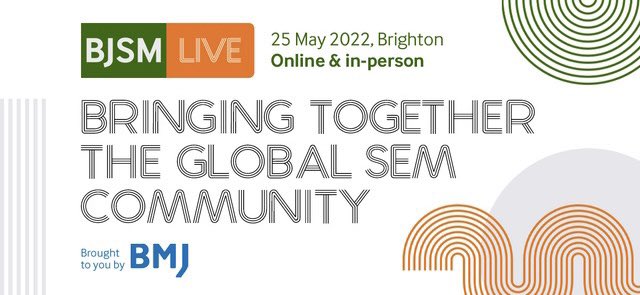I’m definitely turning in early-ish tonight so I’ll say bye now 🥺. It’s been soooo much fun engaging with everyone here!
Feel free to follow my personal page @Devin_Eleven ! I do #scicomm, talk about my life, grad school, and will probably share my job hunting woes too lol.
Feel free to follow my personal page @Devin_Eleven ! I do #scicomm, talk about my life, grad school, and will probably share my job hunting woes too lol.
And if you just want to keep up with my science and STEM advocacy work, subscribe to my professional website devinthechemist.com ☺️
The website is mobile friendly, too!
Oh! You can also follow the journey of other #BlackwomeninSTEM on @MacScientists ! That was my first passion project 😍. Still going strong
• • •
Missing some Tweet in this thread? You can try to
force a refresh









